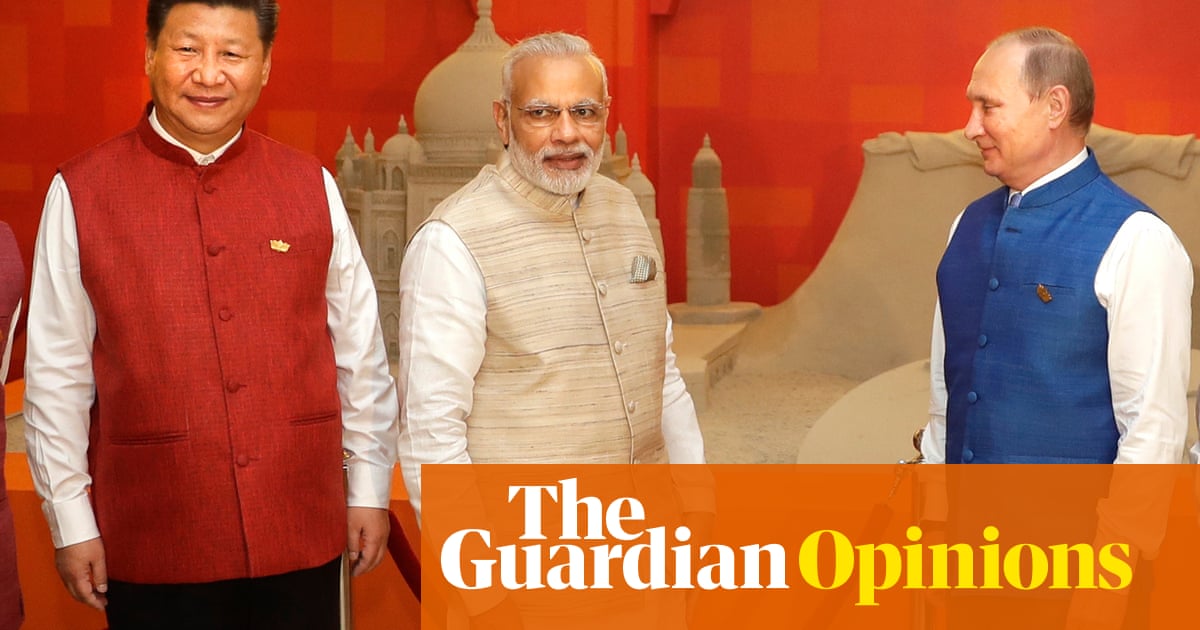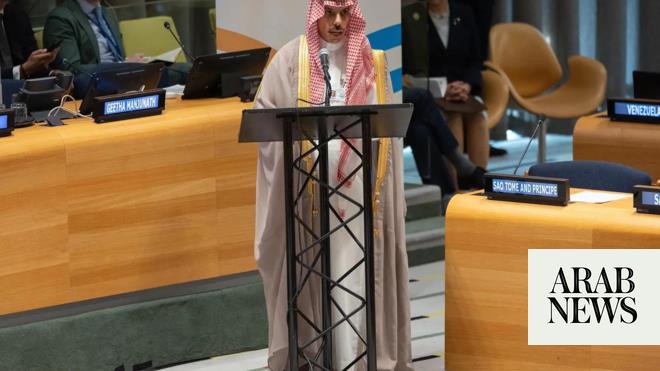
The coronavirus disease (COVID-19) has left an indelible mark on the world that will continue to affect how it looks as we prepare to enter a new year.
The inevitable outcome of the US presidential election has encouraged the optimists who cling to hopes of a renewed commitment to multilateralism. However, others can see nothing ahead but a fragmented global landscape in which the three major players — the US, EU and China — increasingly turn to insularity, self-sufficiency and centering domestic challenges.
US disengagement had become a matter of “when,” not “if,” given the rapidly expanding list of internal issues that leave little rationale for committing time and resources to the thankless task of steadying the pillars of the global order, when this exacerbates domestic dysfunction and divisions.
The pandemic and escalating protests revealed just how deep the chasms are in a hyper-polarized America, fueled by deeply divisive media bubbles and self-reinforcing social media echo chambers. The Biden administration’s plan to simply mend broken bridges and appeal to the heyday of a partisan-free past will no longer work. Nor, with Congressional elections just two years away, will the reactionary pursuit of far-reaching policy changes.
It is imperative that governments in the Arab world — particularly those engaged in, or looking to initiate, lobbying efforts — pay close attention to these realities or risk expending funds and influence seeking favorable outcomes that are of little interest to Washington. In other words, whether the issue is Libya, the eastern Mediterranean or the Horn of Africa, the more prudent maneuver would be to target “winnables” that align more with planned US policy changes affecting the region.
And change is, indeed, coming and has been on the books since before 2008.
Currently, that change takes the form of abrupt reductions in US military presence, and unusual State Department shuttle diplomacy during a pandemic to drag the Arab world into a new reality. Gone are the days of offering the juicy carrot of US diplomatic engagement, alongside the sharpened stick of a heavy US military presence to counter threats.
Going forward — likely beyond 2024 — there will be less carrot and more of the blunt force of sanctions and punitive isolation. This is a far less messy, complicated and costly undertaking, which will afford the White House more policy bandwidth and maneuvering room to focus its attention where the rewards and upsides are more plentiful.
Across the Atlantic, Europe is in the throes of its own disorder. The Brexit experience has still not delivered a decisive wake-up call in Brussels, despite the clearly evident risk of other member states seeking de jure or de facto withdrawal in favor of smaller regional alignments. The bloc almost failed to agree terms for a critical financial rescue package to revitalize pandemic-battered economies, while Hungary and Poland continue to test the limits of the EU’s tolerance for illiberalism.
It remains to be seen how multilateralism on steroids will work in a world that is economically multipolar, yet geopolitically as asymmetrically bipolar as ever.
Hafed Al-Ghwell
Of far more consequence to the Arab world is a deepening divide concerning the bloc’s views on shared responsibilities, migration and refugees. Libya, Lebanon and the eastern Mediterranean shine a glaring spotlight on Europe’s inability to coordinate a united response to crises in its own backyard. Instead, it has left member states to craft their own responses, which catered more to individual economic or security interests than the greater good enshrined in the overarching goals of the EU and its strategic vision.
For an increasingly fragmented bloc, the diverse and disparate responses only add more stress to a union that is yet to acknowledge the long-term effect of the UK’s willingness to walk away, even at its own peril. The longer countries such as Greece, France and Italy continue to wade into troubled waters while Germany engages in feverish attempts at facilitating dialogue, the greater the risk of disunity and the EU being perceived as an unreliable partner.
Worse yet, the EU’s planned €1.8 trillion ($2.1 trillion) budget is laser-focused on pandemic recovery and funding other domestic priorities — meaning it will likely persist with its current patchwork foreign policy. This does not bode well for any Washington-led efforts to, for example, draw Turkey to the negotiating table concerning the eastern Mediterranean, Libya and even Syria.
It also complicates any White House plans that involve Europe accepting a larger role or share of responsibilities in the Middle East and North Africa, if member states consistently fail to achieve consensus views within the bloc itself.
Elsewhere, China seems to have fared better in terms of the pandemic and will probably reap short-term benefits from being the only major economy likely to grow over the next few years. However, the prospect of a US withdrawal from the Middle East — a major source of China’s energy imports — has not materially affected Beijing’s preferred mode of engagement in the region.
If anything, the scaling back of Belt and Road Initiative investments, coupled with an expansion of its presence in Pakistan and establishing closer ties to Iran, reflects a focus on prioritizing relationships that are more strategic for its “dual circulation” goal of reducing dependence on overseas markets and technology in the long term.
After all, there is little upside to making large-scale infrastructure investments that do not buy sufficient influence that can, for example, counter the ban on Huawei telecommunications products, or bring relief to officials sanctioned for human rights abuses against Uighurs, or aid companies targeted for helping the Chinese military re-assert itself. Hence we see a slow shift to prioritizing an energy corridor to the Gulf, instead of a trillion-dollar undertaking to connect the Eurasian continent when most countries have grown increasingly wary of Beijing — and not only because of COVID-19.
It is too soon, of course, to confidently predict the trajectories of Beijing’s 14th Five Year Plan (2021-25) and how they are likely to change as other countries and regions emerge from the pandemic. For the Middle East and North Africa, however, US disengagement, EU disinterest and Chinese ambivalence has serious implications for regional security, political stability, economic growth and social advancement opportunities, to list but a few.
These issues are critical to the Arab world’s successful emergence from the multiple crises it faces, pandemic-induced and otherwise. It behooves governments in the region to pay attention to these three “poles” in this fast-changing global landscape that promises inclusive multilateralism — or “gumbo diplomacy,” as President-elect Joe Biden’s nominee for ambassador to the UN, Linda Thomas-Greenfield, from Louisiana, describes her uniquely Cajun spin on it.
It remains to be seen how multilateralism on steroids will work in a world that is economically multipolar, yet geopolitically as asymmetrically bipolar as ever.
Hafed Al-Ghwell is a non-resident senior fellow with the Foreign Policy Institute at the Johns Hopkins University School of Advanced International Studies. He is also senior adviser at the international economic consultancy Maxwell Stamp and at the geopolitical risk advisory firm Oxford Analytica, a member of the Strategic Advisory Solutions International Group in Washington DC and a former adviser to the board of the World Bank Group. Twitter: @HafedAlGhwell
Disclaimer: Views expressed by writers in this section are their own and do not necessarily reflect Arab News" point-of-view












